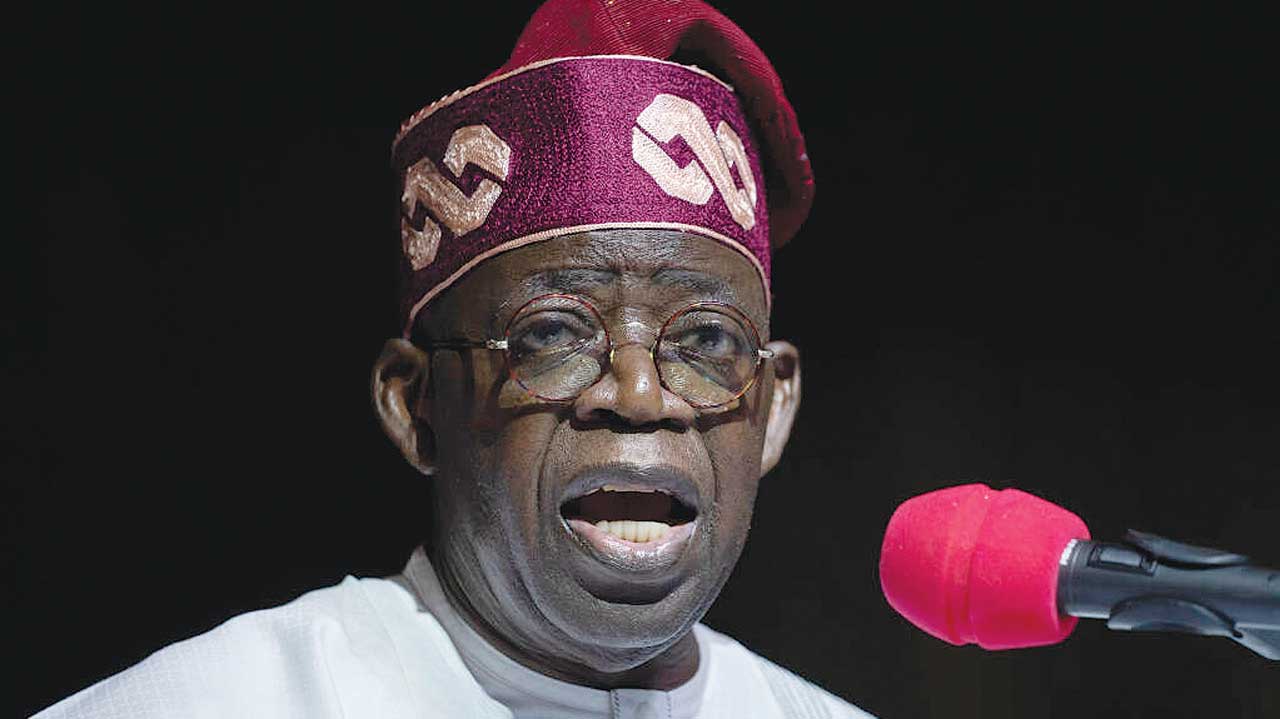Nigeria
Tinubu urges Nigerians to be patient as the removal of subsidies is for “better tomorrow”

We’ll put up with this for a while. Today’s struggles are being made in order to have a better tomorrow. People have hope, which makes nations great. They believe tomorrow will be a better day than today.
In the aftermath of the elimination of gasoline subsidies, President Bola Tinubu has urged Nigerians to have patience with his administration, claiming that the decision was made for the sake of the nation.
On Thursday, Tinubu addressed in Abuja during a presentation of Edwin Clark’s autobiography to the general audience.
The head of state of Nigeria, who attended the occasion through the Secretary to the Government of the Federation (SGF), George Akume, stated that measures are being taken to mitigate the effects of the subsidy reduction.
Problem-solving approaches can never be as quick as coffee. However, we have to be present. I am aware that the withdrawal of gasoline subsidies has had certain consequences. And for that reason, palliatives have been substituted for 100 trucks, according to President Tinubu.
“Fertilisers and 100 trucks of grains have been shipped to the United States, and more are on the way. Also arriving are buses. For now, we can put up with this. Today’s struggles are being made in order to have a better tomorrow. People have hope, which makes nations great. They are hopeful for a brighter tomorrow than they now have.
He made his statement shortly after the federal government approved palliatives for state governments.
Following its meeting at the Presidential Villa, the National Economic Council (NEC) authorised cereals for state governors as well as N5 billion for each state and the Federal Capital Territory (FCT).
The government also issued five trucks of rice to each of the 36 state governors, according to Governor Babagana Zulum of Borno State, who made the news while briefing the media.
In order to mitigate the effects of the loss of the gasoline subsidy, he said that the governors are anticipated to purchase 100,000 bags of rice, 40,000 bags of maize, and fertilisers.
According to Zulum, grants totaling 52% of the money were given to the states. The remaining 48 percent is regarded as loans.
